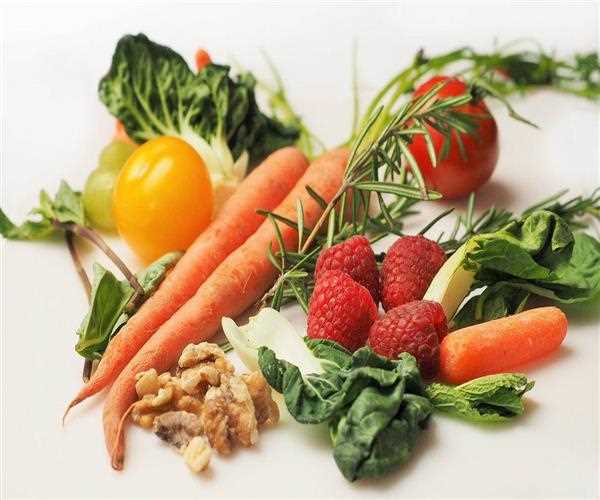What You Eat Has an Impact on How You Sleep
Would you choose meals that could help you obtain the greatest sleep possible if you had the option? Would you avoid certain meals if you knew they may prevent you from getting a good night's sleep? Now is your time to discover how to get a good night's sleep by doing just that. Though the data isn't conclusive, being aware of what you eat and drink before bedtime may be beneficial.
Satisfy Your Carb Cravings (a Little Bit)
Carbohydrate-dense meals may be beneficial. A bowl of cereal with milk, almonds, crackers, or bread and cheese are all ideal late-night munchies.
Before you go to bed, have a snack.
A small amount of food in your stomach may help you sleep if you suffer from insomnia. A glass of milk may also be beneficial. However, keep the snack to a minimum. A large meal can burden your digestive system, making you uncomfortable and preventing you from sleeping.
Limit your intake of high-fat foods.
People who consume these meals often gain weight and have their sleep cycles interrupted, according to research. Why? A big meal stimulates digestion, which might result in overnight toilet visits.
Caffeine Is Hiding in Plain Sight
It's no surprise that a cup of coffee in the evening might affect your sleep. Caffeine can also be found in less obvious places, such as chocolate, cola, and tea. There's a touch of it in decaf coffee, but it's not enough.
Caffeine may be present in some medications.
Pain relievers, weight reduction pills, diuretics, and cold treatments are all examples of over-the-counter and prescription pharmaceuticals that may include caffeine. These and other drugs may have the same amount of caffeine as a cup of coffee, if not more. To learn if your medicine interferes with sleep or can cause insomnia, check the label of nonprescription drugs or the information sheet for prescription drugs.
The Nightcap can be skipped.
While alcohol may help you fall asleep quicker, it may also cause you to sleep poorly, causing you to wake up frequently, toss and turn, and even have headaches, night sweats, and nightmares. Drinking a glass of water after each alcoholic drink can assist to lessen the effects of the alcohol. However, if you want to get a decent night's sleep, you should avoid alcohol 4 to 6 hours before bedtime
Foods that are heavy and spicy should be avoided.
Because the digestive system slows down when you sleep, lying down with a full stomach might be uncomfortable. It, as well as spicy meals, can cause heartburn. If you have a large meal, make sure you complete it at least four hours before night.
By 8 p.m., the fluids should be terminated.
Staying hydrated during the day is beneficial to your health, but stop drinking before going to bed. After you turn in, you don't want to have to constantly get up to use the restroom.
Smoking is not a good way to unwind.
Smoking isn't a smart choice at any time of day or night, even if it's one of your favorite ways to relax. Nicotine is a stimulant with caffeine-like properties. If you wake up in the middle of the night, don't smoke before going to bed. Continue to attempt to stop — it's difficult, but it's worthwhile.




Leave Comment